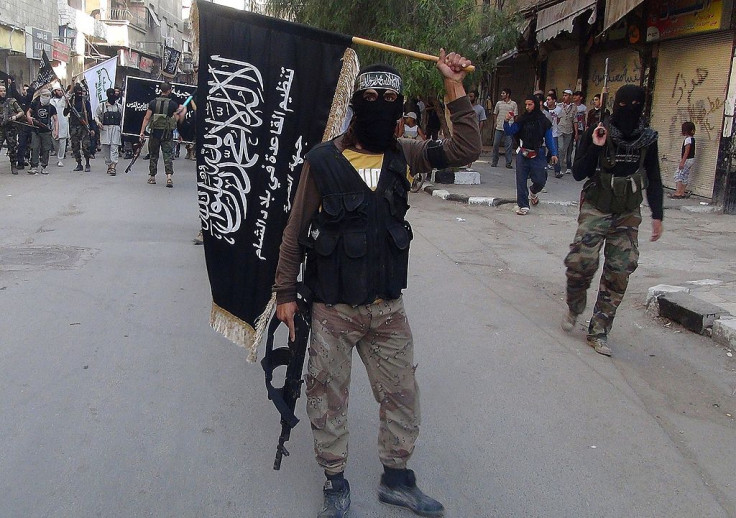US offers $10m reward for Syria al-Qaeda leader Abu Muhammad al-Jawlani
US regards the al-Nusra Front as a terrorist organisation still affiliated with al-Qaeda.
The US government has offered a reward of up to $10m (£7.7m) for information on the whereabouts of Abu Muhammad al-Jawlani , leader of the al-Nusra Front (ANF) rebel group. The State Department said the militants, under Jawlani , have carried out multiple terror attacks in Syria, often targeting civilians, since 2013.
The reward is the first under the State Department's Reward for Justice programme, according to AP.
The US classified Jawlani , also known as Abu Muhammad al-Golan, as a Specially Designated Global Terrorist (SDGT) in 2013.
The leader is believed to be in his 40s as the department estimated he was born in Syria between 1975 and 1979.
The UN included Jawlani in its list of sanctioned terrorists and targeted him with an international asset freeze, travel ban, and arms embargo.
"In April 2015, ANF reportedly kidnapped, and later released, approximately 300 Kurdish civilians from a checkpoint in Syria," the department said in a statement on Wednesday (10 May).
"In June 2015, ANF claimed responsibility for the massacre of 20 residents in the Druze village Qalb Lawzeh in Idlib province, Syria."
The US designated ANF as a terrorist organisation in 2012. The group is also known as al-Qaeda in Syria or al-Qaeda in the Levant.
In April 2013, Jawlani pledged allegiance to al-Qaeda and its leader Ayman al-Zawahiri. Three years later, the leader announced ANF had split from al-Qaeda and changed its name to Jabhat Fath Al Sham ("Conquest of the Levant Front").
However, the US said it would not change its views on the group and it would still consider it as a terrorist organisation.
The state department said on 10 May that, although ANF merged with other opposition groups in Syria, it "remains the al-Qaeda's affiliate".
Syria descended into war in 2011 , when President Bashar al-Assad deployed government troops to quash anti-government demonstrations in several areas of the country.

Assad refused to step down as violence spread throughout the region. Despite several ceasefires and the intervention of international coalitions, the conflict deepened and fostered the emergence of anti-Assad rebel groups.
The warring sides involved in the conflict are numerous. A US coalition backs some of the militia groups that want to overthrow Assad, including the Free Syrian Army and Syrian Democratic Forces, but not ANF.
On the other side, Russia, Iran and Hezbollah back Assad forces.
The Islamic State (Isis) terror group fights both pro and anti-Assad forces and aims to establish an Islamic caliphate throughout the occupied territories.
The conflict has resulted in the death of hundreds of thousands of people and the displacement of millions.
© Copyright IBTimes 2025. All rights reserved.






















